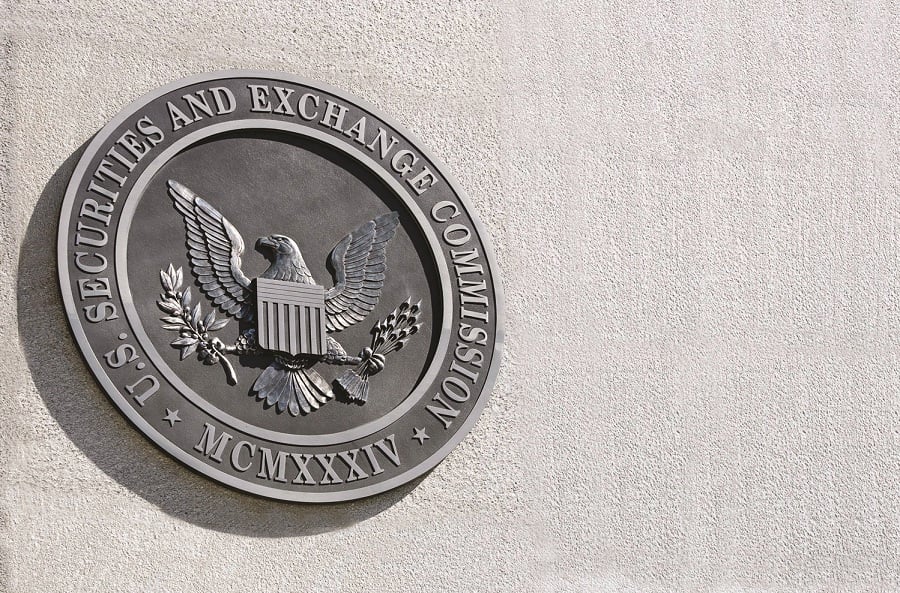If you're an adviser, compliance with Securities and Exchange Commission regulations has to be top of mind at all times. What's top of mind at the SEC these days?
• Business continuity planning. The SEC proposed new rules in June on business continuity planning for registered investment advisers, said David Mahaffey, managing partner of the Washington office of Sullivan & Worcester. The proposed rule is designed to ensure that advisers have plans in place to address risks related to a significant disruption in the adviser's operations in order to minimize investor harm.
• In a similar vein, the SEC is deeply interested about
cybersecurityfor advisers. While the agency has long been on the prowl for cybersecurity threats, the SEC slammed Morgan Stanley with a $1 million penalty to “settle charges related to its failures to protect customer information, some of which was hacked and offered for sale online,” according to a June 8 release. In this particular case, then-employee Galen J. Marsh downloaded and transferred confidential data to his personal server at home between 2011 and 2014. A third party hacked Marsh's server, which resulted in portions of the confidential data being posted on the Internet with offers to sell larger quantities.
•
Fee disclosure. The SEC has been investigating private equity and venture capital investors for not fully disclosing all their fees to investors. But a July enforcement action cracked down on Riverfront Investment Group for charging customers fees for trading activities outside their wrap accounts. “The adviser didn't get any money out of it, but they should have disclosed the consequences of what they were doing,” Mr. Mahaffey said.
David Chase, lawyer and former SEC prosecutor, noted that the SEC remains vigilant about issues of pricing illiquid assets. “If you're charging a fee on assets, and those assets are not readily marked to market, there has to be some reasonable basis for pricing,” he said.
And the SEC continues to monitor advertising claims, particularly claims about assets under management, Mr. White said. The most recent case was the SEC's crackdown on Dawn Bennett, who was fined $4 million and banned from the advisory business for what the SEC said were heavily inflated claims about assets and portfolio performance that she used to drum up business from high-net-worth clients.
The SEC has formidable technological powers at its disposal, Mr. Chase said. “The SEC is relying upon technology to identify problem brokers or advisers through massive data to discern trends or red flags, and that will continue to be the trend,” he said. “Their technology is getting better, and they are getting better at using it.”







